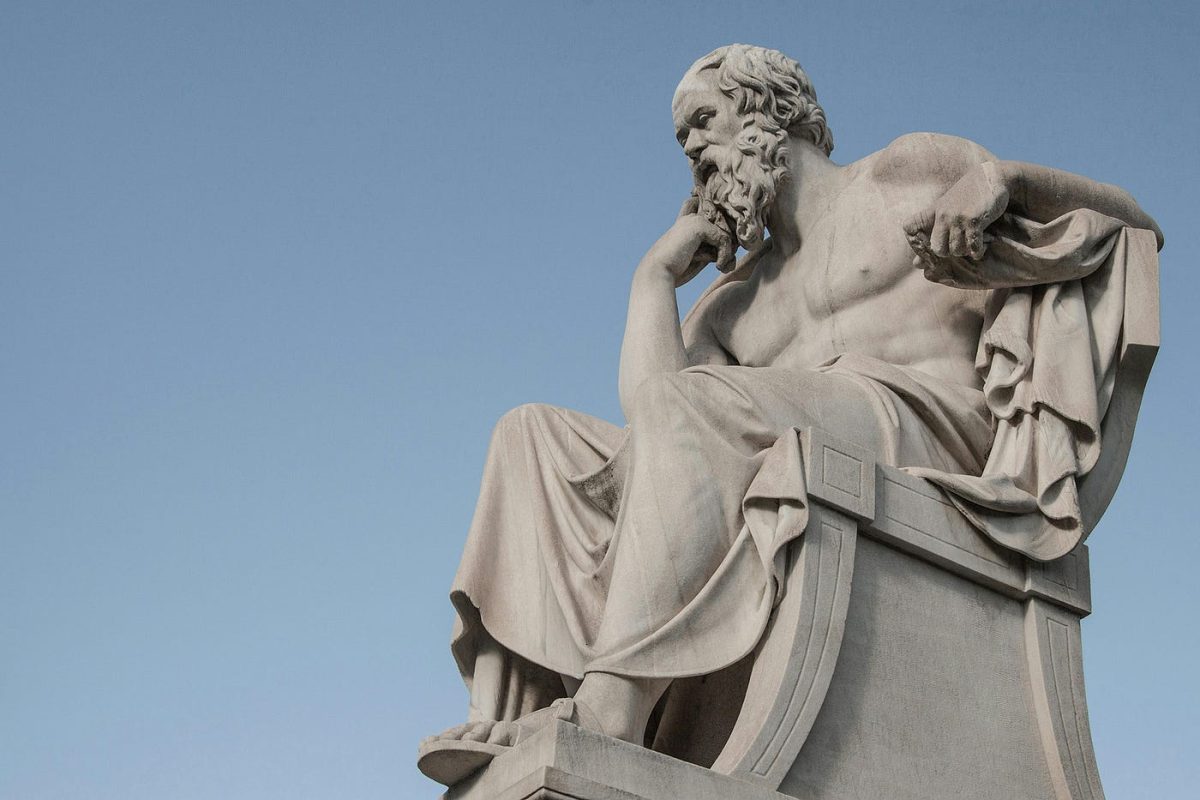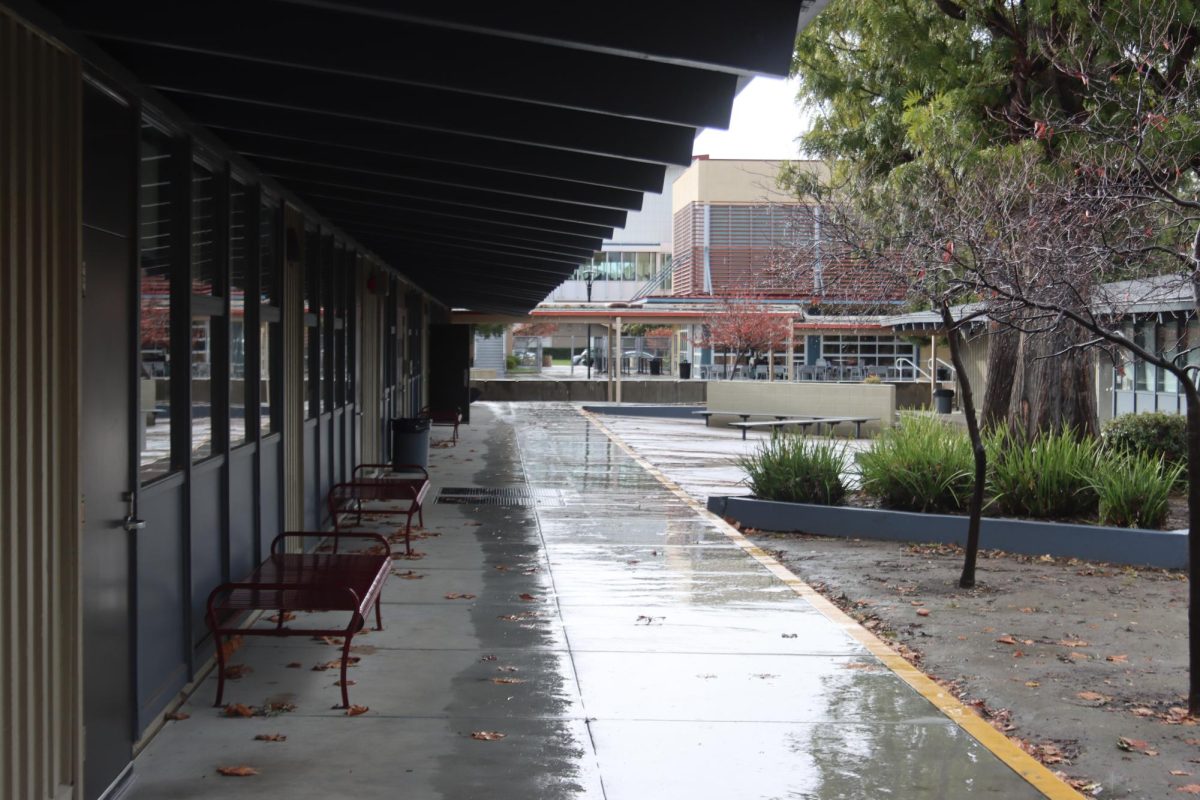3.96 GPA, 1590 SAT, stellar computer science experience – and rejected by 14 out of 18 colleges. That’s the story of Stanley Zhong, a soft-spoken, well-mannered young adult. A story that, at a glance, seems perplexing.
A deeper examination reviews an even odder occurrence. After receiving the rejections, Zhong and his father, an engineer at Google, applied for a software engineer job at Google, something that Zhong called a “moonshot.” Much to their surprise and joy, Zhong was accepted, not as an entry-level employee but a much higher “level four” employee.
Zhong’s story represented many Bay Area parents’ worst fears: an unfair college admissions process. Did Zhong reveal the inner workings of a college system that’s flawed at its core, or did the Bay Area stigma for STEM lead Zhong down the wrong path? Or, was Zhong simply an exceptional case among the millions of processed college applicants every year? Many people took this situation as an argument for colleges to publicize reasons for admission, looking for an explanation.
The most important reason to publicize admissions decisions is so that applicants can see why they were rejected. In an interview with CNN, Zhong said that not being able to see why he was rejected gave him a lot of frustration. Zhong said, “[for] Some of the state schools I really thought I had a good chance.”
Con:
Most people who support colleges revealing application decisions agree that simply giving a personalized note along with the admissions decision will clarify things with the applicant.
However, this may backfire in unforeseen ways. Students may all skew toward the college’s requirements and colleges will not be able to cultivate a diverse pool of applicants. Additionally, competitive applicants may compare with each other and argue over their results with colleges, causing it to spiral into a tug-of-war between students eager to get in and admissions teams struggling to create the best possible class of college students. Because it increases the stress of both colleges and students, it may lead to delays and even more irregular decisions due to any possible changed decisions.
Zhong’s own background plays the most important factor. As a son of a Google engineer, much of Zhong’s achievements are tailored towards that of a software engineer. This gave Zhong an edge over even other Google applicants. However, the cost of this is a low college admission rate. A duality emerges: less competitive colleges will not accept Zhong because his STEM resume is overqualified, and would rather hand their spot to an applicant with a more appropriate level of academic success. More competitive colleges also will not accept Zhong because he lacked humanities and other extracurriculars to balance out his resume. Therefore, Zhong is stranded in a Goldilocks zone of rejection.
However, all of this is only speculation. The specific case of Zhong may trigger cries of injustice, but it is very rare and almost never occurs. Much of the conversations around publicizing admissions decisions are spearheaded by people like Koh, who supports the argument that Zhong did not get accepted because he did not have a college counselor to guide him into having a balanced resume. Although her reasoning is sound, overly listening to one side may create misconceptions about the effectiveness of college counselors or the true reason for Zhong’s rejections, which is yet to be disclosed.
Although there are merits to disclosing admissions decisions, it will lead to less benefits in the long run for students. Perfectly matching a college’s academic standards for excellence will not only make a student seem flat and uninteresting, but prevent the students from deciding their own hobbies and enjoying their childhood fully.
As a high school student, the worst feeling is to have one’s freedom restricted by a plan or class that one doesn’t like. Now multiply that feeling manyfold, and that would be the consequence of revealing reasons for admission to the public eye. Extraordinary cases like Stanley Zhong may come along, but most students would prefer planning their future by thinking about themselves and then college, not the other way around.
Pro:
There are several reasons why colleges should disclose the information behind application decisions. Disclosing the information holds colleges accountable for their admission decisions. This can avoid applicants being rejected for reasons that might not actually be a fair assessment for admission. If colleges provide specific feedback on elements unique to each applicant, such as essays, extracurriculars, college interviews and supplements, applicants can clearly understand the reason behind their decision results.
Additionally, disclosing decisions can ensure admission officers review each application adequately. Since applicants pay a considerable amount of money for their submissions and spend a lot of time on them, they deserve an answer justifying their admission decisions.
Disclosing individual decision reasons can benefit colleges too. Some colleges do disclose information about their criteria of consideration and statistics of admitted students, such as releasing their average GPA or test scores. Although this could be helpful, they need to be more specific to explain the rejection or admission of applicants. Most of the time, college decisions leave applicants and their families speculating about the reasons behind their admission decisions. By disclosing information about individual applications, the college can expand its pool of potentially qualified students. If future applicants can gather more detailed information from previous applicants and understand specific qualifications for admission, they can tailor a more fitted profile towards their dream schools.











